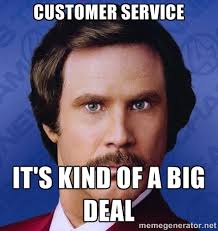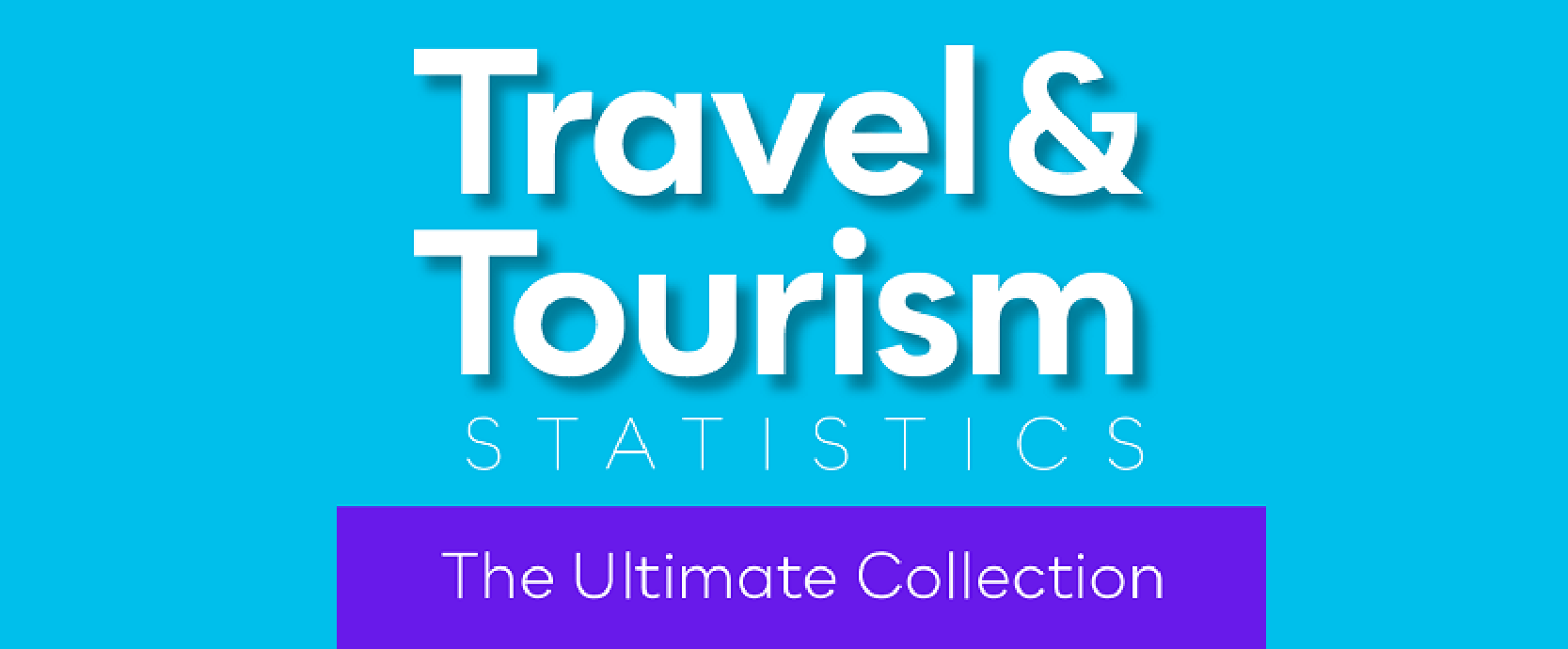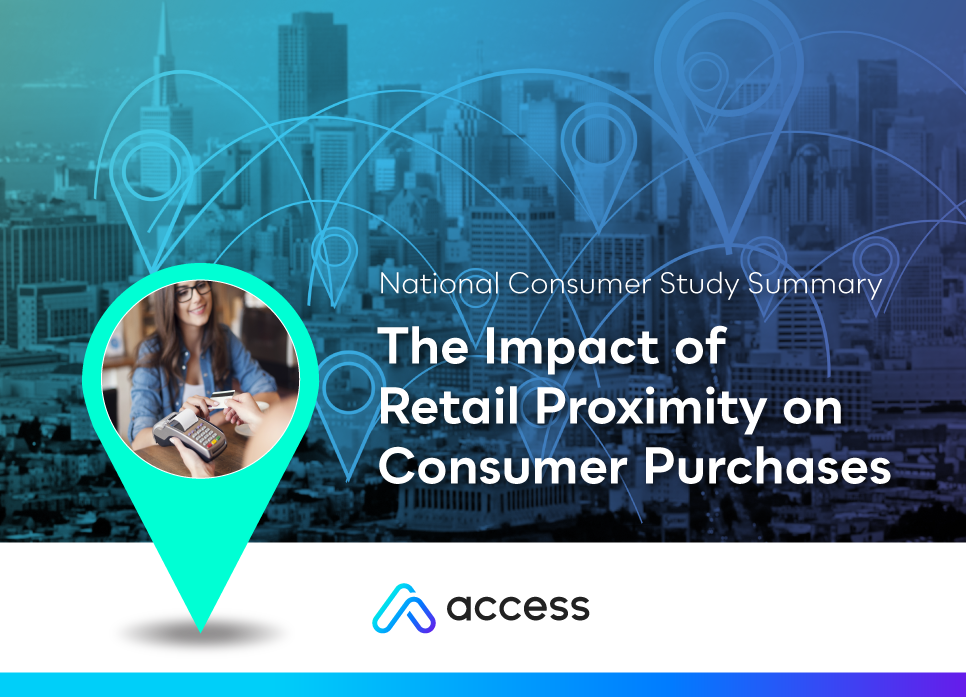From Baby Boomers to Gen-Z: A Multi-Generational Look at Loyalty
The term “generation” refers to a group of people born around the same time that share similar experiences and other commonalities.
Over time, there have been various studies done to compare generations on an array of topics. And we are about to add a little comparison of our own to that list.
Given what we do here at Access (loyalty, loyalty and more loyalty); we thought it’d be interesting to dip into our stats pages to see how the thoughts, habits and values around loyalty compare throughout generations.
Before diving in, let’s start with a brief profile on each of the generations we’ll be comparing.
Baby Boomers:
- Born between 1946-1964
- Makes up 22.9% of the U.S. population
- Life-changing events: Cold War; Moon Landing
- Famous Baby Boomers: Elton John, Barack Obama, Oprah
Gen X:
- Born between 1965-1980
- Makes up 19% of the U.S. Population
- Life-changing events: End of Cold War; First Personal Computer
- Famous Gen Xers: Jennifer Lopez, Elon Musk , Quentin Tarantino
- Born between 1981-1995
- Makes up 22.1% of the U.S. population
- Life-changing events: 9/11 Terrorist Attacks; Advent of Social Media
- Famous Millennials: Ashton Kutcher, Serena Williams, Mark Zuckerberg
- Born between 1996-2014
- Makes up 24.3% of the U.S. population
- Life-changing events: Post Great-Recession; Rise of AI
- Famous Gen Zers: Zendaya, Millie Bobby Brown, Noah Cyrus
With a general sense of each generation, it’s time to get down to the data. We’ll be analyzing each age group in four categories relating to loyalty: 1. brand ethics & values, 2. the product/service, 3. customer service & personalization and 4. loyalty & rewards. From there, we'll provide a brief recap summarizing the whole thing. (So if you just like your information short, sweet and ready to eat, feel free to browse your way down to the bottom.)
Let’s get started.
1. Brand Ethics & Values
So what exactly do we mean when talking about brand ethics and values? One source describes it as "a brand that represents a company, organization or person whose products, services and activities are morally correct, do not harm people/animals/environment, and contribute to society and public good in a responsible, positive, and sustainable way."
-
Baby Boomers
As a whole, the Baby Boomer generation isn’t as invested in the ever-popular idea that the brands, companies and organizations to which they are loyal are obligated to share in their personal beliefs and make a positive contribution to society.
In fact, just 35% of Baby Boomers feel it’s important that their values align with the brands they like - much lower than younger generations.
- Gen X
Gen X has a slightly higher standard than its elders when it comes to holding brands, businesses and companies responsible for creating and upholding a socially conscious reputation. 48% of Gen Xers (a 13% increase over Boomers) feel it’s important their values align with the brands they like.
- Millennials

The younger the generation, the more demand there is for socially responsible brands, businesses and organizations. So it makes sense that 52% of Millennials (a 4% increase over Gen X and a 17% increase over Boomers) feel it’s important their values align with the brands they like.
Millennials not only want the brands they love to hold a similar set of beliefs, but 91% also prefer brands that are associated with a cause. And the expectation for “do-gooder” brands doesn’t stop there - 70% of Millennials say they would buy less from a brand they’re loyal to if they learned it didn’t pay employees well, and 69% would buy less if they learned the brand relies on unethical labor practices.
- Gen Z
If you thought Millennials were a socially conscious generation, you ain’t seen nothin’ yet.
Gen Z is giving everyone a run for their money, with a whopping 82% saying social responsibility is an important characteristic of their favorite brands.
Going a step further, 54% of Gen Z has deliberately purchased or stopped using a brand because of its ethics, 63% are more likely to purchase from brands that support causes or charities important to them, and 79% would engage with a brand that could help them make a difference.
2. The Product/Service
As we take a look at the generational feelings on products and services, we'll be examining specific characteristics that affect the physical item/action for sale, including cost, quality, variety, convenience etc. In fact, we like how the Economic Times describes a product as "... a service or an item. It can be physical or in virtual or cyber form. Every product is made at a cost and each is sold at a price. The price that can be charged depends on the market, the quality, the marketing and the segment that is targeted."
-
Baby Boomers
The most crucial factor for this age group when it comes to influencing loyalty is overwhelmingly price (62%),more so than any other generation – followed by convenience (30%) and product variety (21%). So if you’re looking to win over the Boomer generation, make sure you’re offering a product or service of value with the right price tag.
And another surprisingly important factor in creating strong loyalty among Baby Boomers, though still the lowest between all the generations, is fun.
That’s right…F-U-N.
Don’t let the gray hair fool you – fun is an important loyalty driver for 44% of Baby Boomers. Their idea of fun? We’ll leave that one for you to figure out ;-)
- Gen X

Gen Xers don’t fall far from the Boomer tree, with price being their most important loyalty driver at 55%. But unique to Gen X, quality (45%) was a close second followed by convenience (23%).
And maybe a little less shocking than our beloved boomers, 55% of Gen X rate fun as an important loyalty driver (an 11% increase over Boomers).
- Millennials
For Millennials, price is also the clear winner when it comes to driving loyalty at 56%. And interestingly enough, they are also more likely than any other generation to remain loyal to a brand because of its loyalty rewards (22%).
Don’t worry, we haven’t forgotten about the fun factor. 60% of Millennials (a 5% increase over Gen X and a 16% increase over Boomers) feel that fun is an important loyalty driver.
- Gen Z
Gen Z differs from all other generations with quality driving its loyalty to a brand more than any other factor (57%) at nearly 10% higher than other generations, followed by price (55%).
And not surprisingly, Gen Z seems to be the generation that most values fun, with 64% listing it as an important loyalty driver (a 4% increase over Millennials, 9% increase over Gen X and 20% increase over Boomers).
3. Customer Service & Personalization
When it comes to customer service and personalization, we think of personalization as an important characteristic of good customer service that specifically makes customers feel known and valued. And we agree with Study.com when it says customer service is "...the act of taking care of the customer's needs by providing and delivering professional, helpful, high quality service and assistance before, during, and after the customer's requirements are met."
-
Baby Boomers
The way members/customers are treated greatly influences how Boomers feel about a business/organization, because it impacts them on a personal level. In fact, according to one study, 85% of Baby Boomers would switch retailers immediately if customer service is poor. Specifically, fast and direct communications about an order is the number one factor in winning over the loyalty of this generation.
Part of customer service is a great experience, and personalization has a lot to do with that. There’s definitely been a lot of hype around the evolution of personalization and the increasing role it plays in customer and member satisfaction. For Baby Boomers, it seems to be a lower priority for driving loyalty compared to younger generations (40%).
- Gen X
Gen Xers are almost identical to Baby Boomers in their expectations in regards to customer service and personalization, as 86% of Gen X (and 85% of Boomers) would switch retailers immediately if customer service is poor.
With personalization, Gen X ranked it 8% higher than Boomers at 48%, but still consider it a lower priority in driving loyalty vs. Millennials and Gen Z.
- Millennials
Customer service remains an important part of loyalty for Millennials as well – just a little less so compared to older generations with 74% of millennials saying poor customer service would make them less likely to purchase products from a brand they’re loyal to. And 50% said that positive customer service interactions with a brand are very important in contributing to their brand loyalty.
Millennials and Baby Boomers hold the same value for fast and direct communications about an order, rating it the number one factor in winning their loyalty.
The popularity of personalization increases with each younger generation and is a higher priority for driving the loyalty of Millennials at 52%.
- Gen Z
Gen Z is vastly different than other generations when it comes to customer service. Its expectations for intuitive and quick technology are high and unforgiving. Over 60% of Generation Z will not use apps and websites that are slow to load or hard to navigate.
Similarly, Gen Z communicates often with brands, businesses and organizations via social media and expects a swift interaction in reply. Almost 50% of Gen Z indicated they either didn’t get a response from a brand they left feedback for, or weren’t satisfied/ felt neutral about the feedback they did get.
And as we’ve stated earlier, Gen Z is the generation that puts the highest priority on personalization encouraging loyalty at 54%.
4. Loyalty & Rewards
In this section, we narrow our focus to loyalty and rewards programs – or what we define as a marketing strategy that offers a powerful combination of value added benefits to help brands, companies and organizations build long-term customer relationships, foster engagement and increase retention.
-
Baby Boomers
A common question seems to be how effective loyalty/rewards/discount/member programs really are at building loyalty?
According to Baby Boomers, loyalty programs are quite influential, with 47% saying that some type of reward card would keep them most engaged, 56% could be persuaded to choose one brand over another due to the presence of a loyalty program, and 74% want a strong loyalty or discount program.
- Gen X
According to the data, perks and rewards programs tend to be an effective tool for gaining and retaining the loyalty of Gen X even more so than Baby Boomers, as 72% of Gen X said they could be persuaded to choose one brand over another due to the presence of a loyalty program, 79% want a strong loyalty or discount program, 61.3% of Gen X view loyalty programs as important to them.
- Millennials
It seems as though the older generations value what rewards programs have to offer them, and consider them an important part of their loyalty.
This statement holds true for Millennials even more so, as over 70% of Millennials were members of loyalty programs, with 55% (8% higher than boomers) saying some type of reward card would keep them most engaged.
68% of Millennials (a 12% increase over boomers and 4% decrease compared to Gen X) said they could be persuaded to choose one brand over another due to the presence of a loyalty program, 79% want a strong loyalty or discount program (a 5% increase over Boomers and tied with Gen X), and 63.1% view loyalty programs as important to them (a 1.8% over Gen X).
- Gen Z
Same as Millennials, over 70% of Gen Z were members of loyalty programs, 72% (16% increase over Boomers, 4% increase over Millennials and the same as Gen X) could be persuaded to choose one brand over another due to the presence of a loyalty program, and 64% could be persuaded to shop with a brand if they have a loyalty program.
What Does It All Mean?
This is a lot of information to take in, so let's look at some brief takeaways on each of the four comparison categories.
Brand Ethics & Values: As the generations grow younger the more value is placed on the ethical decisions and charitable efforts of their beloved brands.
The Product/Service: Boomers, Gen X and Millennials deem price as the most important factor in earning their loyalty. For Gen Z, quality supersedes the price when it comes to influencing loyalty. And not surprisingly, fun is an increasingly important loyalty influencer in more recent generations.
Customer Service & Personalization: Solid customer service is a necessity for all generations, including fast and direct communications. Gen Z specifically holds brands and businesses to a higher standard technologically. And personalization is something that becomes more popular the younger the generation.
Loyalty & Rewards: When it comes to loyalty and rewards programs, they seem to play a vital role in the engagement and loyalty of customers/members across all generations.
Businesses and organizations are constantly looking for ways to improve and evolve when it comes to relationships with customers and members. We hope you can use the information we’ve provided and apply it specifically to your target audience to help you create and maintain loyalty within your customer and member base.
Topics: Customer Engagement, Member Benefits, member engagement

Written by: Ashley Autry





.jpg)

.jpeg)






Share your Comment.